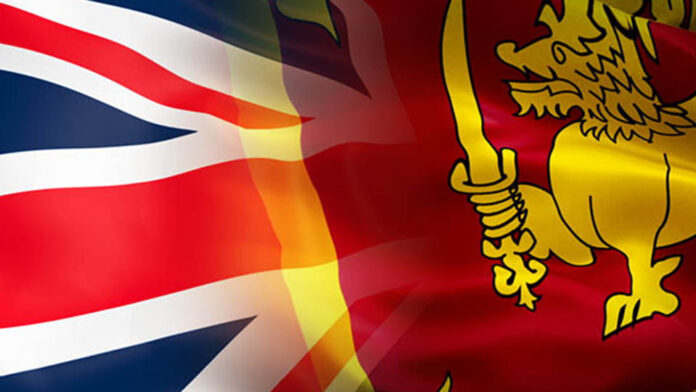The UK Government has imposed sanctions on four individuals responsible for serious human rights violations and abuses during Sri Lanka’s civil war, including extrajudicial killings, torture, and sexual violence, according to an official statement released yesterday.
Key Highlights of the Sanctions:
- The UK sanctions former Sri Lankan military commanders and an ex-LTTE commander responsible for human rights violations.
- The measures aim to hold perpetrators accountable and prevent a culture of impunity.
- The UK reaffirms its commitment to working with Sri Lanka’s new government on human rights and national unity.
The individuals sanctioned include:
- Shavendra Silva – Former Head of the Sri Lankan Armed Forces
- Wasantha Karannagoda – Former Navy Commander
- Jagath Jayasuriya – Former Commander of the Sri Lankan Army
- Vinayagamoorthy Muralitharan (Karuna Amman) – Former LTTE military commander and later leader of the paramilitary Karuna Group, which operated on behalf of the Sri Lankan Army
The sanctions, which include UK travel bans and asset freezes, target those responsible for grave human rights violations during the civil war.
UK’s Stand on Accountability & Human Rights in Sri Lanka
UK Foreign Secretary David Lammy emphasized the UK’s commitment to seeking justice for past atrocities:
“This decision ensures that those responsible for human rights violations and abuses are held accountable. We look forward to working with the Sri Lankan government on human rights improvements and national unity.”
Minister for the Indo-Pacific, Catherine West MP, also held discussions on human rights reforms with Sri Lankan leaders during her visit in January.
UK’s Support for Sri Lanka’s Economic and Social Development
The UK remains engaged in Sri Lanka’s economic recovery, supporting debt restructuring through the IMF programme and providing technical assistance to Sri Lanka’s Inland Revenue Department.
Additionally, the UK continues to strengthen educational ties through the British Council, expanding English language training and access to internationally accredited qualifications.
The UK has long led international efforts for accountability in Sri Lanka, working alongside partners in the Core Group on Sri Lanka at the UN Human Rights Council, including Canada, Malawi, Montenegro, and North Macedonia.
